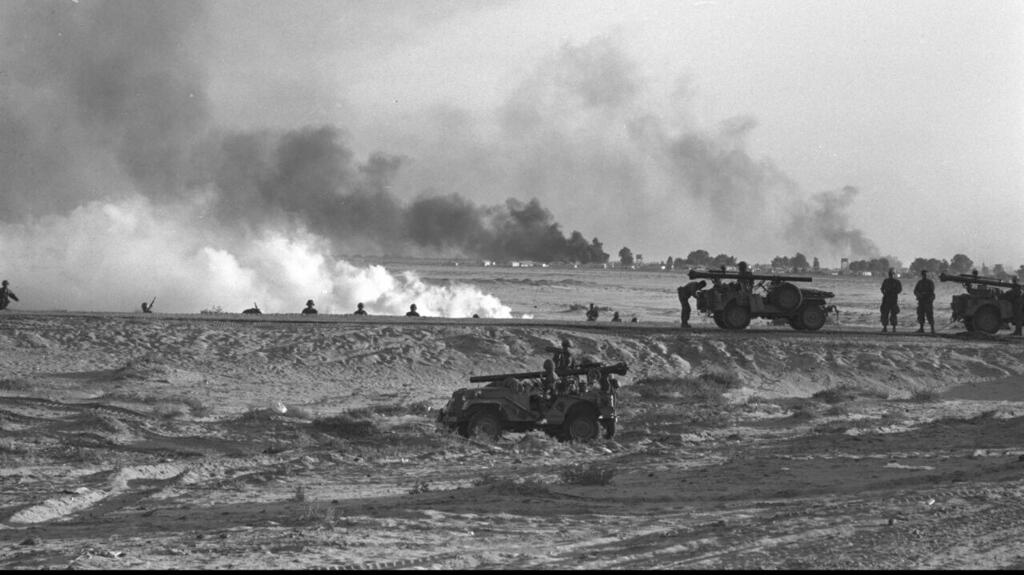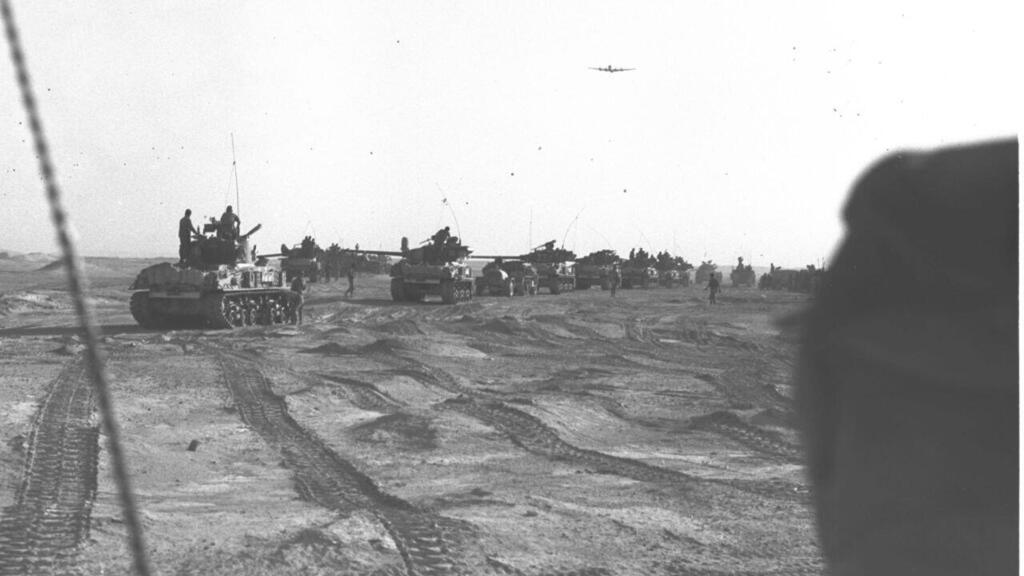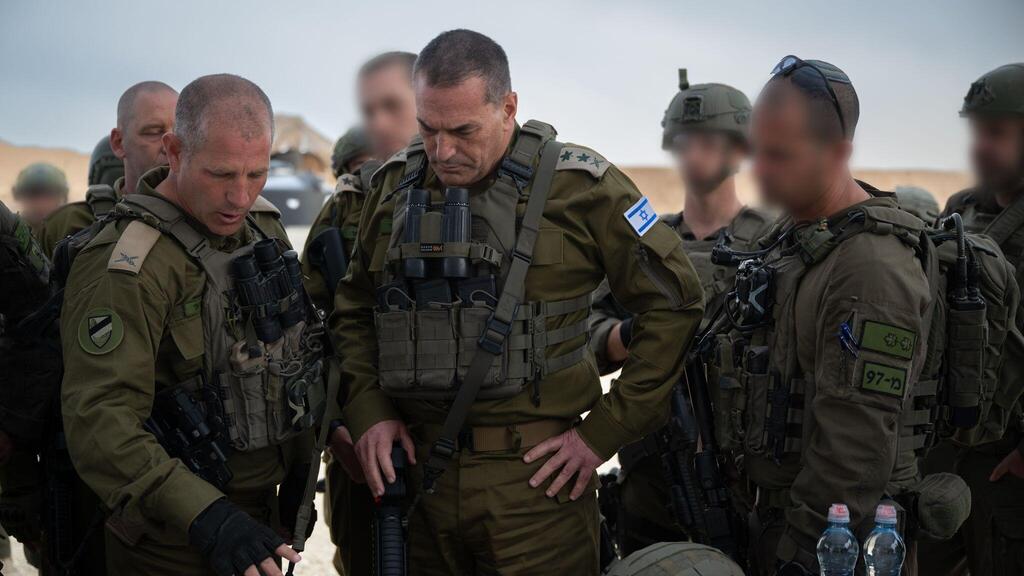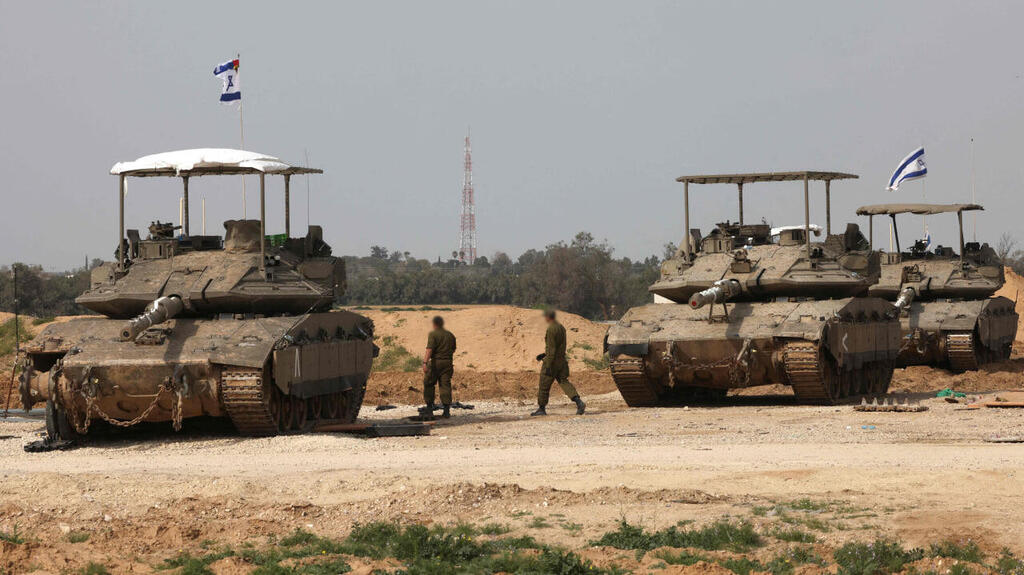Until the Swords of Iron War, Israel’s collective memory bore the mark of two major wars, symbolizing a pair of opposites. The Six-Day War represented a decisive victory and Israeli prowess on the battlefield, and the Yom Kippur War represented failure and the comeuppance of hubris. Although the latter war was outwardly more destructive, the long-term societal impact of the Six-Day War has been no less damaging.
The Six-Day War taught Israeli society that wars can be resolved swiftly and decisively. In 1967, Israel defeated the combined armies of Egypt, Jordan, and Syria, tripling its territory with the capture of the West Bank, the Golan Heights, the Gaza Strip, and the Sinai Peninsula. This led to the assumption that any future conflict could similarly be concluded with rapid, overwhelming victory.
However, the Yom Kippur War, fought just six years later, delivered the opposite impact. Israeli society suddenly understood that it is not all-powerful and that the neighboring countries could damage and humiliate it in return. In the end, the State of Israel did colossally defeat two strong Arab armies, although the victory came at a painful cost because of the intelligence lapses and other failures preceding the war. But despite what happened before and during the Yom Kippur War, remnants of the Six Day War mentality have lingered among the Israeli public. The attitude still persists that war can be promptly and decisively won.
That attitude has accompanied us into the present, even as the nation wages a bloody conflict. Our society has paid an unbearable cost in blood: more than 1,700 Israelis killed, thousands wounded — and of the hundreds kidnapped, we have managed to return some, but others are still held captive. After the surprise attack on Simchat Torah, Israeli society reared up and galloped forward into its mission. The Six-Day War mentality appears to have reawakened in our minds, inspiring the belief that we can quickly defeat Hamas, bring it down, rescue the hostages, and finish what we’ve been forced to undertake.
But it’s not that simple. The idea that we can end this war with a speedy, decisive victory, the way the Six Day War ended (see for example the discourse on social media about dancing within a few months on the Gaza beaches) has crumbled. After a year and a quarter of war, Israeli society has realized that a quick and conclusive victory is not as easy as it had seemed. A large portion of Israeli society has begun to doubt whether the war’s objectives can be fully achieved as promised by the political echelon. But those objectives — removing Hamas from power and returning the hostages — are important to our survival, and it is unclear how we can survive here without their attainment.
Get the Ynetnews app on your smartphone: Google Play: https://bit.ly/4eJ37pE | Apple App Store: https://bit.ly/3ZL7iNv
We seem to have become accustomed to brief wars. Imbued in our consciousness is the idea that wars are short, over in a moment. We imagined that every war is a briefly fought round against a terrorist organization, followed by a return to routine. But we forgot that each round only leads to the next. In order to attain our objectives, we need to work hard and long. Wars are not won in the blink of an eye or even in the course of a year. Not as a rule. Only as an exception.
If we look back 80 years, we can see that World War II was also not quickly finished. It lasted six years and took millions of lives. Of course, in the midst of it all, there was the cataclysm of the Holocaust. Yet that prolonged conflict was waged for an important objective — to subdue and defeat the Nazi regime in Germany and the other totalitarian regimes of the Axis. In the end, after long battles and after some phases when the liberal world seemed about to be beaten on the battlefield, the Allies managed to defeat the Nazis and the other Axis powers and bring change to the world. Similarly, World War I dragged on for four years before the Allied forces vanquished the Central Powers.
Even the Cold War — which, albeit not a direct military confrontation, pitted the USA against the USSR — spanned decades until, finally, the USSR disintegrated and many East European nations were freed.
Wars are not only fought against organized armies; they can also be fought against terrorist organizations. Operation Defensive Shield, the various rounds of fighting in Gaza, and the US campaign in Afghanistan against the Taliban and Al-Qaeda are examples of wars fought by countries against terrorist organizations. In such confrontations, it is important to remain patient and to remember that a war can be lengthy. And if a lengthy war fails, which can also happen, the failure derives not from the length of the war but from how the war was conducted.
Many have forgotten, but after the Six-Day War itself, the State of Israel continued fighting. The War of Attrition, lasting from 1967 to 1970, was a direct continuation of the Six-Day War. In other words, even the war that the Israeli ethos enshrines as a lightning-fast war that ended in a clear victory for us did not actually end then. We fought on afterward.
Israeli society must adopt a change of perspective. We are engaged in a war for our survival, a war from which we must emerge as clear winners. Despite the scorn directed at the “total victory” objective, that objective — as undertaken by the political echelon — is a must. Total victory in Gaza, total victory in Lebanon, total victory in Iran.
To that purpose, we must change attitudes. We must shake off the Six-Day War mentality that possesses us and the notion that quick wars can achieve broad, favorable results. If we wish to change the Middle East, we must fight even if the implication is a fight of several years. We must persist at full strength. We must do this for the sake of our future, for our children’s future, and for the Jewish people’s future. We must do this for our past, for all those who sacrificed themselves to preserve us, and for all our predecessors here. We must do this for the sake of ourselves.
Shachar Citron is a researcher at the Israel Defense And Security Forum and an analyst within a company specializing in the capital market; he is a graduate of the IDF's “Special Research Center – Shehakim" program





